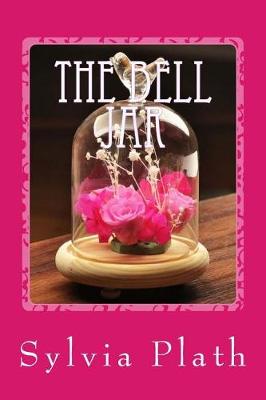Reviewed by Sarah Says on
Farrrrrrrrrk, this was one of the darkest and most beautiful things I’ve ever read. At one point I chuckled out loud and thought to myself “I f***ing love her” (the main character), but for the most part it was all too real and even a little disturbing.
I picked this book up, just looking at it as I was rearranging my collection. It’s one of those classic must reads that’s been on my TBR list forever. I hadn’t meant to start reading. I was just reading the introduction about its publication journey (which was fascinating) and then the next thing I know I’m sitting on the lounge and had devoured the first two chapters. I was captivated. I’ve never read any of Plath’s poetry before. I own a collection, same thing, been on my TBR list forever. So her writing was a whole new world to me.
Sometimes while reading this book a feeling of dread would wash over me. Other times I would scoff to myself and think “she’s f***ing hilarious”. Damn it was compulsive reading. The story, the writing, the words, the girl, sucked me in. What a roller-coaster.
I found myself thinking: I am this woman. She is darkness and she rages and reveals in it. I saw so much of myself in Esther Greenwood. The only other time I’ve ever really seen myself in a character was Clancy, from Clancy of The Undertow by Christopher Currie – which is a very different book to this one.
A lot of people might find this book disturbing/depressing. But I found a powerful dark beauty to it and it made me feel less alone. It justified the fears and disdain I felt while pregnant with my first born and that I continue to feel in this world as a modern woman.
Reading updates
- Started reading
- 11 February, 2019: Finished reading
- 11 February, 2019: Reviewed
